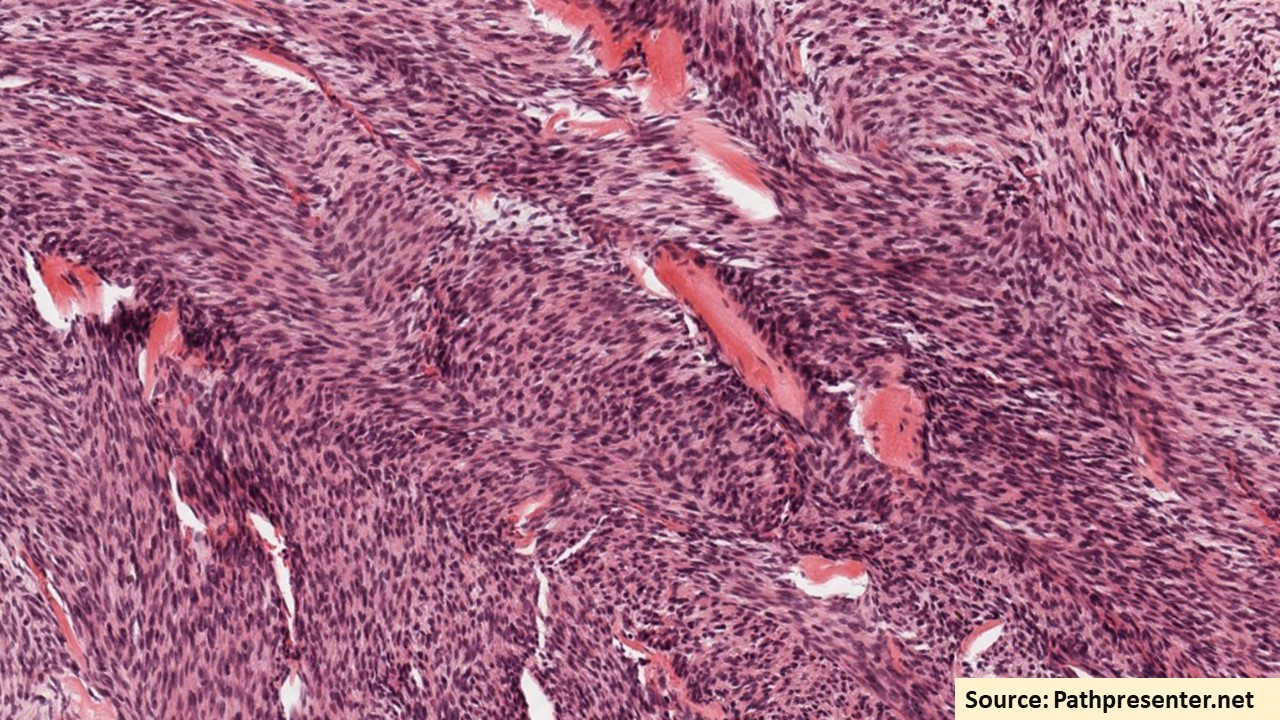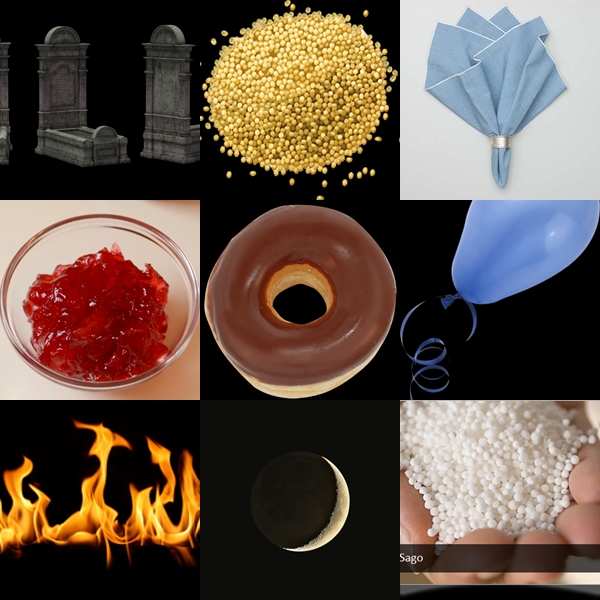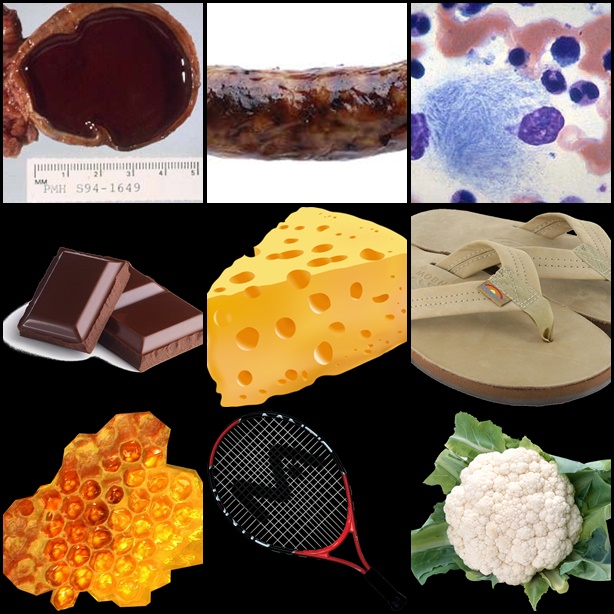
Well, why not?
If you are a curious med-student considering a life in Pathology or just someone wondering about what it is and what role does a Pathologist play in patient care? Then you, my friend, have stumbled upon the right place.
First let’s talk about what exactly is Pathology? The word in itself, translates to the ‘study of diseases’ but essentially, it is a branch of medicine that deals with the cause, the diagnosis and the effects of the disease, to be precise. Often regarded as the bridge between basic and clinical science, Pathology is a unique amalgamation of life in research, academics and diagnostics.
“Often regarded as the bridge between basic and clinical science, Pathology is a unique amalgamation of life in research, academics and diagnostics.”
Pathologists are rightfully called as ‘the detectives’ in the field of medicine because they do much more than just the blood tests, which unfortunately is a common misconception among general population. We diagnose cancer, we grade cancer and that in turn decides the treatment plan for our patients. We diagnose infections, autoimmune conditions, various allergies and the list can go on.
There are various sub-specialities within Pathology like Haematology, cytology, histopathology and a Pathologist can choose to super specialize in either one of them or can practice as a General Pathologist, a trend we see very often in our country. As a resident, we are required to rotate through each of these sub-specialities, learning how to interpret each and every cell under the microscope, to pick up the essential clues pointing towards specific diagnosis and not to forget, develop procedural skills like doing an FNAC or biopsy when required.
A usual day in a life of a resident specializing in Pathology consists of screening through various biopsy slides, researching about the clinical background, coming up with differential diagnosis, correlating and substantiating the same. We see Pap smears, study the CSF or look for malignant cells in body fluids. In addition, we examine tonne of haematology slides, that essentially forms the significant burden of any laboratory for suspected blood related disorders.
We also get to teach medical student, paramedics, those in nursing and other allied health science students. We ‘gross’ various specimens that are received in the histopathology ranging from a small biopsy to large amputated limbs. We learn how to sample the area that represents the pathology, process these tissues and monitor their staining in order to finally be able to see them under the microscope.
“You learn by doing, by observing and by assisting diligently.”
Like any other speciality, most of the learning happens while at work. Unlike medical school there is no conventional teaching in residency. You learn by doing, by observing and by assisting diligently. However, we do have academic programmes to assess our learning from time to time, like journal clubs where we learn about current trends, new research or developments happening in the field of Pathology. We also have biopsy review sessions and slide seminars to keep our progress in check.
It is rather unfortunate that many a times, even medical professionals are unaware of what we do and how we do it. I am sure a lot of unappreciation towards our speciality stems from the lack of awareness and hence, the lack of communication. Having an open conversation with Pathologist about the differentials in your mind and what specific tests to order can indeed improve the deliverance of better patient care.
“There is no shooting in the blind. You see the tissue exactly for what it is.”
Another beautiful aspect of Pathology is the fact that ‘it’s a very specific science’. There is no shooting in the blind. You see the tissue exactly for what it is. To be able to give some answers to our patient and tell them exactly what’s wrong can be extremely satisfying in my opinion. Even though we never get to meet our patients personally, we know the valuable role we get to play in their lives in daily day today basis. We despair an unfavourable outcome just as much if not more before signing out something as malignant. We have sleepless nights too when we cannot find a way to reach a conclusion.
It is a common notion that Pathologists lead a very balanced lifestyle and hey, I am not denying that, it’s all about the balance but all that glitters is not gold kind of holds true here. While we do work in a very controlled environment, there is still a pressure, a pressure to be accurate, a pressure to be precise, a pressure to know things, all of it, all the time, and don’t get me wrong, we love knowing things. If there’s one trait that the Pathologists worldwide would share, it would be their zest to ‘know things’.
“Intellectually stimulating but also serves as a potential medium for modern medicine to integrate with cutting edge technology of tomorrow”
Pathology is truly an amalgamation of it all. It’s interesting but demands hard work, it’s diverse, so much that you never really know what to expect under the microscope but offers a great work life balance. It’s intellectually stimulating but also serves as a potential medium for modern medicine to integrate with cutting edge technology of tomorrow.
So, the bottom line is –
• Choose Pathology only if you cannot see yourself doing anything else. Not because you imagine a certain lifestyle for future.
• Do not shy away from having an open conversation with your Pathologist, tell them what are you thinking and why? The goal for both of us is same, to be able to find an answer for our patient.
• Next time, you get a test done, ask for who is reporting your sample. Make sure to meet your pathologist and understand your results.
• Precision medicine is the key to the future. Integrating the branches like Pathology and Radiology with clinical medicine can help us deliver a more personalized care to our patients.
• Even though we work from behind the microscope, the assumption that we don’t like to socialize is far from reality. In fact, majority of Pathologists I have met carry an extremely dynamite personality and are great conversationalist.
Let us not forget what a privilege it is to be able to do what we do and what a pleasure it is to share that with the world!
-From the wandering mind of the ‘Pathology resident’
Dr Supriya Tiwari

Pathology resident, passionate about medicine, research and all things science. I learn the best by teaching and believe wholeheartedly in the power of social media to bring awareness, to promote medical education and to advocate for our patients by empowering them with right information.







